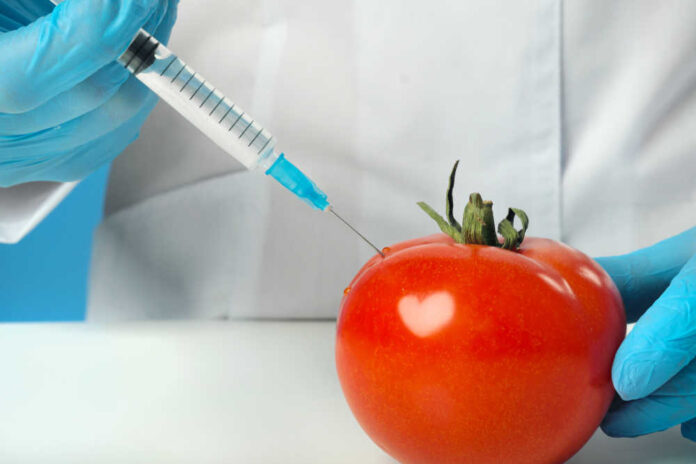
There are many speculations surrounding genetically modified foods, from how they affect the body to how they come to be. While some of these speculations are true, many of them are not. This article will discuss some of the myths surrounding bioengineered foods and the facts you should know.
What Are Genetically Modified Foods?
The genetic material of bioengineered foods is modified in a lab to include characteristics you can’t find in nature. This process uses recombinant DNA technology to introduce genes from one organism into another. Scientists refer to the finished food item as “GM” or “bioengineered food.”
Farmers sometimes carry out genetic modifications to make the plants more useful in agriculture, while in other situations, they do it to make them healthier.
Myths and Facts about Genetically Modified Food
Genetically Modified Foods Are Harmful
Despite significant criticism, the WHO and the FDA have certified GM foods to be safe, joining several previous studies that have done the same.
The Food and Drug Administration (FDA), the Environmental Protection Agency (EPA), and the United States Department of Agriculture (USDA) work together to conduct extensive testing and monitoring of GMOs to ensure their safety.
The FDA enforces rigorous guidelines for the safety of genetically modified foods. The Environmental Protection Agency oversees the use of plant-incorporated protectants and pesticides that make GMO crops immune to insects and viruses. The USDA checks for cross-pollination and recommends optimum planting methods to ensure certain genetically modified foods don’t harm other plants.
Modified Foods Cause Allergies
Allergies are typically triggered by the presence of specific proteins in foods. As a result, many people are concerned that introducing new genetic material to a plant might produce proteins that the body may mistake for harmful invaders, setting off an allergic reaction or immunological response.
Contrary to popular belief, however, a study conducted in 2017 concluded that modified foods are not more allergenic than those that aren’t altered.
Vegetables and Seedless Fruits Are Modified
Some people like seedless fruit and vegetables because of their convenience, while others are skeptical because they believe they’re genetically engineered, but that’s not the case. Vegetables and seedless fruits are usually the results of cross-pollination, grafting, or hormonal regulation rather than bioengineering.
Lab Meats Are Genetically Modified
Although you can use bioengineering techniques in both cell-cultured meat and genetically modified foods, cell tissue engineering is used exclusively in lab meats.
Cell cultured meat involves cultivating non-modified cells from the animal of interest in a laboratory setting.






















